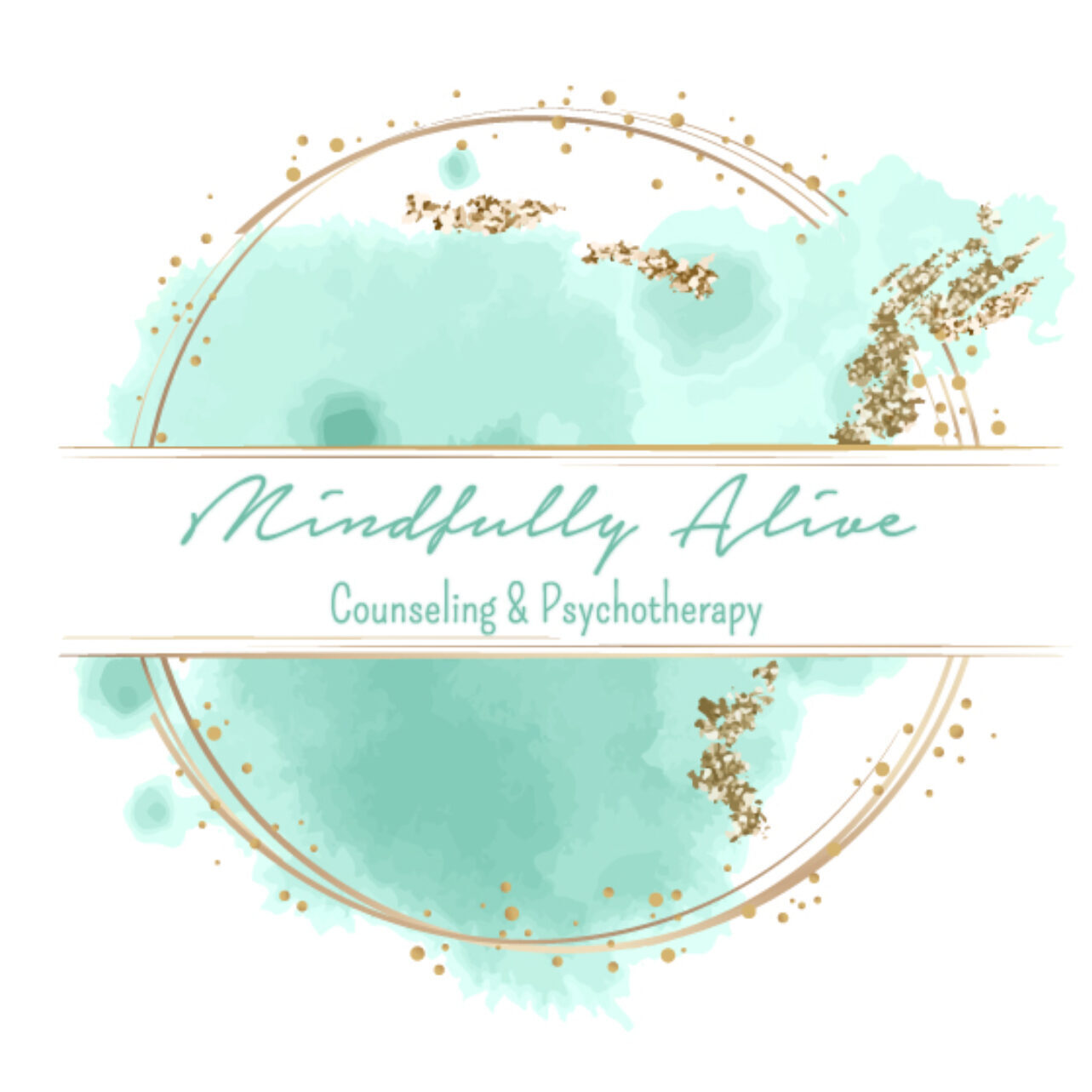Perfection and anxiety can go hand in hand. On the one hand it can be very alluring, on the other side, it can cause us to strive for unrealistic standards resulting in a negative self-image. Imagine I asked you to send an e-mail to someone you know with grammatical errors and at least two misspelled words. What if I asked you to call someone you know and ask to speak to someone else you both know. Act like you don’t understand that you got the number wrong; this works with text too. What would be your first emotional response? Some people may say to me, this is strange, but I’ll entertain you. Some would think it would be fun. For other people though, this may feel like torture (appearing incompetent, especially in front of other people can feel embarrassing and very uncomfortable).
Why is perfectionism alluring?
There is something very appealing about the word perfect. Who wouldn’t want the perfect partner, or to have the perfect career, or find the perfect outfit. Perfection is captivating.
The upside: high standards
The positive attributes here are also important. The ability to be thorough, to pay attention to detail, to have a strong work ethic and to want the best in life. High standards are truly to be admired, but they have to be based in flexibility and have to be adaptable, attainable and focused on the process, not the outcome.
The positive end of the spectrum on the perfectionistic scale is when our standards are motivated by excitement and a desire to learn more, knowing that learning and success have failure and vulnerability imbedded in the very core. It is connected to a growth mindset.
Why is perfectionism negative?
Excess perfectionism however, can cause us to lose sight of what it is we’re actually trying to achieve. It contributes to losing sight of who we are (human and undoubtedly flawed) and “perfect” itself is actually difficult to articulate (how do you know you’ve achieved it?)
Another important factor is the motivation behind perfectionism. Is it originating from a fear of being perceived as incompetent? Is it avoiding feeling judged? Is there a deeper fear of what would happen if I didn’t appear strong and in control at all times? Is it connected to a sense of value (i.e.- I should never disappoint anyone because if I do, then I’ll lose that person).
How Mindfulness and Cognitive Behavioral Therapy work together to achieve a sense of freedom
Cognitive Behavioral Therapy (CBT) is an approach that helps people challenge their thoughts about themselves and the world. Mindfulness works to change the way we relate to our thoughts and how we relate to ourselves. Mindfulness teaches acceptance, surrender to what actually is (as opposed to how we want it to be which causes resistance and unhappiness and expectations that lead to disappointment).
Mindfulness in therapy can also take on a psycho-biological approach in which we learn to attend to what’s going in the body and how to be with those feelings of discomfort without avoiding parts of ourselves, thus becoming whole and integrated.
What you can do
The next time a future based worry comes up, probably in the form of what if, take it a step further by answering the what if question. For example: What if I send the email with grammatical errors and the person thinks I don’t know how to spell?
Answer that. What if they think that, then what? Sit with whatever comes up. “Then they might think I’m uneducated”. Then what? Go all the way with this exercise until you have reached the end of your thought trail and then ask yourself: is it as serious as I’m perceiving it to be or would I actually find a way to accept that if I had to, knowing that that was only a mistake and mistakes are part of being a person. You may notice that if the worst scenario happened, that you may actually not be destroyed in the process.
What does freedom from perfection anxiety look like?
Freedom from the negative type of perfectionism looks like this: an ability to be more spontaneous, to take healthy risks, to make a joke around friends and family, to speak what’s on your mind, to make small talk with strangers, to live less inside your head, and more in your own life.
Operating from thinking less about how I might be perceived and more about what’s important to me and what my intention is.
Knowing that I don’t have to conform or squash my feelings. Knowing that I don’t have to agree all the time, or prove myself.
Knowing that I don’t have to take things personally and that conflict is actually an opportunity for understanding if approached with the intent for resolution.
Feeling more decisive, and sure of myself. Knowing that the less we hold ourselves up to rigid standards, the less we hold others to the same standards and then we can actually feel connection in our relationships (“this is how I’m feeling and it’s ok for us to have different feelings”). We are all flawed in our human existence and embracing that as a given is a step towards authenticity and emotional freedom.





Be the first to reply